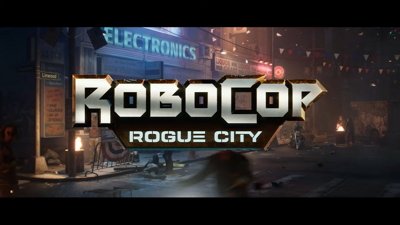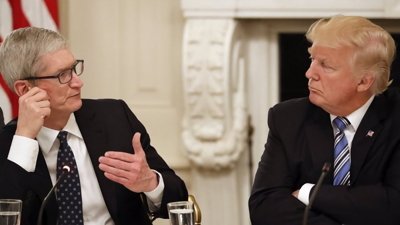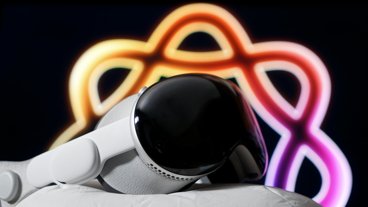The filing, submitted this week in a Florida Southern District Bankruptcy Court, directly asserts that Psystar's bankruptcy was conveniently timed to "insulate" the small PC assembler with a stay of proceedings before it would have to explain its inner workings in a deposition and in the midst of a discovery phase where it had reportedly been asked to produce phantom evidence about its finances. Allowing the stay would let Psystar continue to sell its clones uninterrupted regardless of whether or not the act is illegal, Apple says.
The Cupertino, California firm goes so far as to draw parallels between Psystar and the fate of infamous software house SCO Group. Known for using lawsuits against Linux-dependent companies over UNIX rights disputes as part of its business model in later years, it's linked to Psystar through its approach to bankruptcy: when it lost its lawsuit against Novell and was ordered to pay money on UNIX licensing, SCO purportedly used bankruptcy and the resulting stay as a defensive measure to fend off the requests for money. Novell eventually had the stay lifted — a precedent which Apple is keen to take advantage of in its own case.
Moreover, Apple argues that allowing its lawsuit to proceed would be a simple practical matter. Since Psystar's business is built around selling Mac clones, it can't exit bankruptcy properly only to risk being found to have violated a valid Mac OS X license agreement; it would just shut down again. Sorting out the legality of the clone producer's current business would mean it could try reorganization under an "alternative business model" that would keep it in the clear if and when bankruptcy ends.
Psystar hasn't publicly responded to the motion but, in the meantime, can't entirely escape Apple's demands in court. It now lists Apple as a creditor that it owes $75,000 for "Litigation Pending." But whether this is to cover an unspecified legal cost, purchases, or something else entirely is just as much of an unknown as whether Psystar will have shelter under its insolvency for much longer.
 Katie Marsal
Katie Marsal






-m.jpg)






 Christine McKee
Christine McKee
 Amber Neely
Amber Neely
 Andrew Orr
Andrew Orr

 Sponsored Content
Sponsored Content

 William Gallagher
William Gallagher








81 Comments
I agree.
Sounds like Apple is really wants to tighten the noose. Regardless what Psystar fanboys think or whine about, I hope that noose tightens up, skin turns blue and a double-knot made out of it. I really want to know what/who is backing Psystar.
Nothing would make me feel better than watch what is basically a thief crash and burn. I hope this doesn't turn into a years-long SCO fiasco.
I love it. End this debate by a direct example of the law once and for all. Hopefully this will prevent abuse / misuse of Apple's IP, especially in business settings. Go Apple!
It's a good point - if you break the law, you can't get out of it just by saying you're bankrupt. You still must answer for your deed.
I wonder if there's an implied danger to Apple if Psystar was allowed to exit bankruptcy doing the same thing they're currently being sued for. It would mean that a judge had already implicitly said that what they were doing was legal enough that they can keep doing it after reorganizing. Of course, one would think that any bankruptcy judge would examine Psystar's planned post-bankruptcy business model and see that if they plan to keep selling computers with questionable legality that its in the best interest of both parties to settle the matter now by allowing the suit to proceed.